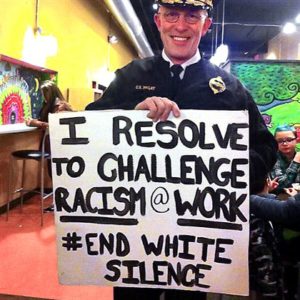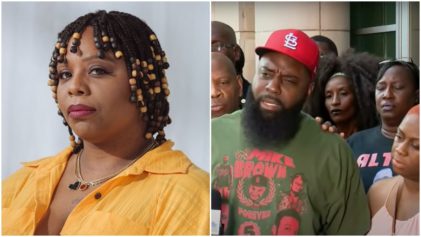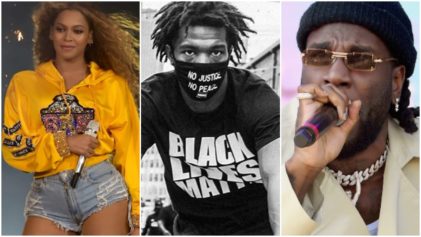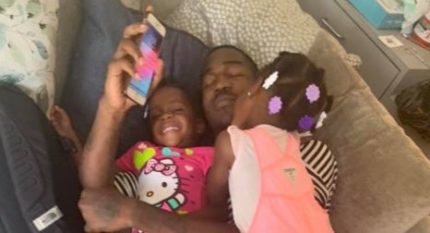Pittsburgh’s new police chief, Cameron McLay, clearly wants his regime to create a paradigm shift. Instead of balking at the notion that cops do no wrong when it comes to Black men, McLay is attacking the crisis head on in the hopes, he said, of affecting change.
On New Year’s eve, McLay, who is white, was photographed holding a sign that read: “I resolve to challenge racism @work. #EndWhiteSilence”
This is significant for an entity that has been under fire across the country for racial profiling, unlawful arrests and, ultimately, killing unarmed Black males. Rather than stand with his colleagues who have expressed dismay at peaceful protesters who have rallied after grand juries in Ferguson and Staten Island elected to not indict officers for killing Michael Brown and Eric Garner, McLay seemed to acknowledge the issue.
Further, the sign that someone brought to the city’s First Night celebration had the Twitter hash tag: “#end white silence.”
Pittsburgh mayor Bill Peduto reposted the photo on his Facebook page.
“I thought, ‘What a great way to begin the new year,'” said Peduto, who is in his first year and who hired McLay in September.
Peduto backed his police chief because he said the sign acknowledges that racism in police forces exists and the focus has to be on reviving trust between cops and the Black community. He added that reform of the police department was important and needed.
This did not go over well with everyone, however. Fraternal Order of Police president Howard McQuillan took the narrow position of other police unions who seem not able to see beyond their own concerns. McQuillan emailed the mayor a fiery retort, which was secured and reported by the Pittsburgh Post-Gazette.
“By Mayor Peduto labeling us ‘corrupt and mediocre’ and now our current Chief insinuating that we are now racist, merely by the color of our skin and the nature of our profession, I say enough is enough!” the email said. He added that the poor morale among officers needs to be addressed and is made worse by “pandering to the community at the expense of the police community.”
McLay apologized in an email to the union, but did not back away from his position, saying it was a “statistical fact” that policing efforts have “a disparate impact on communities of color.”
“The predominant pattern of our city’s increased violence involves Black victims as well as actors,” he said. “If we are to address this violence, we must work together with our communities of color.”
McLay pledged to meet with commanders of the city’s police patrol zones “to talk these tough issues through.”
Meanwhile, amid this bickering, Blacks in Pittsburgh rage over shootings of African-Americans under questionable circumstances.
Officer David Derbish was assigned to desk duty by McLay last month as the Justice Department investigates the officer’s shooting of 21-year-old Leon Ford, a Black motorist who was left paralyzed after a 2012 traffic stop. Ford, who is suing the city in federal court, was acquitted in September of aggravated assault for allegedly endangering officers by driving away from the stop.
Ford contends in his lawsuit that officers apparently thought he was a wanted gang member but refused to believe they had the wrong person even after he gave them various pieces of identification. Ford insists he did not attempt to flee, but that his car was knocked into gear as officers tried to pull him from the vehicle.
Ford could be retried on lesser charges by the Allegheny County district attorney, which has prompted protesters to include Ford in recent marches and demonstrations relating to the Brown shooting.



